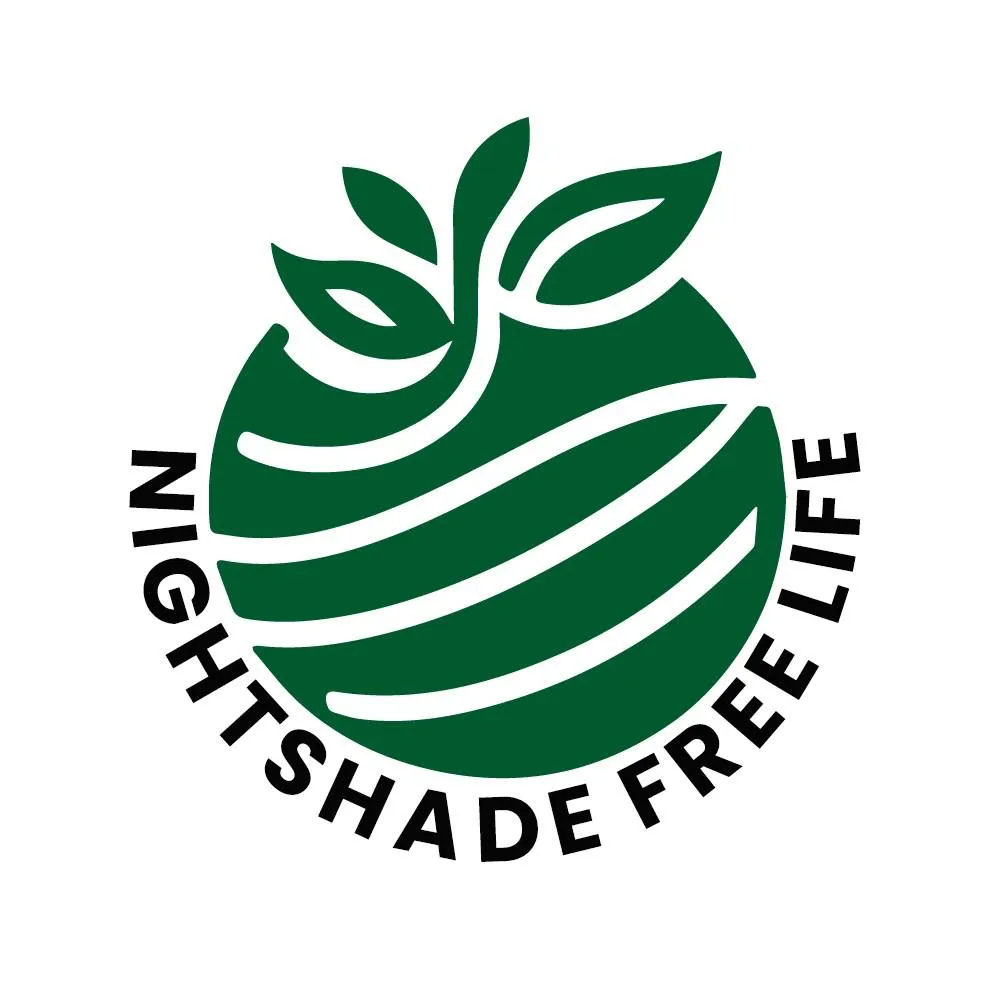Catered Events with
Dietary Restrictions
Events with Food? No Problem!
Going to an event that includes snacks or a meal can be a treat, even with tricky dietary restrictions. Here's how to navigate catered events without the stress.

Attending a catered event, such as a work function, wedding, or conference, can be stressful, especially when you have specific dietary needs or restrictions. The uncertainty of what will be on the menu and whether you’ll be able to safely enjoy the food can lead to anxiety. However, with the right planning and mindset, you can avoid the stress and enjoy the event without compromising your health. Here are some tips to help you prepare and navigate the situation with ease.
1. Know Your Risk Tolerance: How Much Risk Are You Willing to Take?
One of the most challenging aspects of attending catered events is the uncertainty of what’s in the food. When dealing with dietary restrictions, it’s not always possible to get a detailed ingredient list, and you may have to decide how much risk you’re willing to take. Some people prefer to avoid potential allergens or irritants at all costs, while others are more comfortable with a bit of risk, hoping that the food is safe enough.
Think about your tolerance for risk ahead of time. Would you rather avoid any food that you're unsure about, or are you willing to take a calculated risk? Sometimes, making an informed decision about what to eat based on available information, such as speaking with staff or reading labels, can help you feel more at ease.
2. Communicate with the Organisers Ahead of Time
One of the most effective ways to avoid food-related stress at a catered event is to reach out to the organisers or caterers in advance. If you know the event is going to have food, try contacting the event organiser to inquire about the menu and ask if they can accommodate your dietary restrictions. While this step might not always yield the desired outcome, it’s still worth attempting to get more clarity on what will be available.
Many event organisers are more than willing to accommodate dietary restrictions, especially if you provide them with enough time to plan. If you're unable to get specific details, at least you’ll know that the organisers are aware of your needs and that they might be able to provide safe options.
When you arrive at the event, speak with the catering staff or servers if possible. Politely ask about the ingredients in the dishes, and don’t be afraid to inquire about hidden allergens or food preparation methods. While it might be difficult or even awkward at times, this step can help reduce the uncertainty and ensure you’re making an informed decision about what you’re eating.
3. Have a Backup Plan: Bring Snacks or Eat Before the Event
Even with the best planning, there’s always a chance that the event’s food options will fall short of your needs. Having a backup plan in place can save you from going hungry or feeling frustrated. Consider eating a small, balanced meal before heading to the event. This will help ensure that you’re not starving when you arrive and can avoid the temptation to eat something risky just because you’re hungry.
If eating beforehand isn't an option, or you’re unsure about the menu, pack some safe snacks. Snacks such as nuts, protein bars, rice crackers, or fruit are portable and can help keep your energy up during the event. Having something safe on hand gives you the flexibility to enjoy the event without stressing over the food situation.
4. Navigate Conversations About Your Diet with Confidence
When you have dietary restrictions, people may ask about them, and this can sometimes lead to uncomfortable conversations. If you don’t want to discuss your medical condition or dietary needs in detail, it’s okay to set boundaries. If someone asks about your diet and you don’t feel like talking about it, try to gently shift the focus to something else. You could ask them about their own experiences with food or simply say that you prefer not to discuss it.
Sometimes, people are curious out of genuine concern, but it’s important to remember that you don’t owe anyone an explanation if you’re not comfortable sharing. It’s perfectly acceptable to say something like, “I appreciate your interest, but I’m not comfortable discussing my dietary needs right now. Let’s talk about something else!” I've had to do this before - the caterer and organiser were really trying to be kind and find something I could eat, but it felt like it was going on forever. I eventually said, "I appreciate your kindness in trying to help, but this is really making me uncomfortable and I would really prefer to skip the meal, please." They backed off after that!
Setting boundaries around conversations about your diet can help you maintain your peace of mind while at the event. If this isn't your usual style, practice with a family member or friend. Speaking up can be uncomfortable in and of itself, but it's a great skill to develop. It isn't rude to protect your boundaries - and you can certainly be polite in declining meals or asking legitimate questions (if anyone thinks polite questions are unreasonable, they are the ones being rude!)
5. Enjoy the Event: Focus on the Experience, Not Just the Food
While food is certainly an important part of any event, it’s just one aspect of the overall experience. Whether you’re attending a wedding, a work function, or a conference, remember that there’s so much more to enjoy. Take this opportunity to engage with others, network, and enjoy the atmosphere. Participate in the activities, focus on the conversations, and make memories that go beyond what’s on your plate.
The goal is to create a positive and enjoyable experience despite any dietary limitations. With preparation, clear communication, and the right mindset, you can navigate catered events with confidence and ease.
Conclusion
Attending a catered event with dietary restrictions can be challenging, but it doesn’t have to be stressful. By doing your research, preparing in advance, and communicating your needs clearly, you can ensure a smooth and enjoyable experience. It’s important to stay flexible, have a backup plan, and focus on the bigger picture: the connections, conversations, and experiences that make events special.
© Nightshade Free Life
